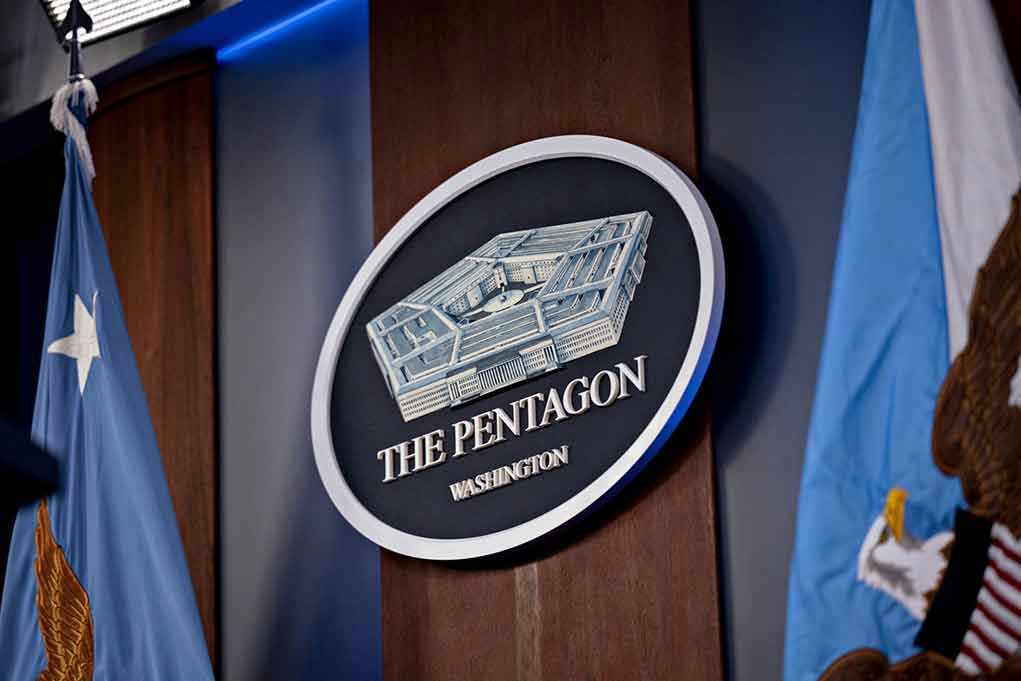
Pentagon officials yanked from the Aspen Security Forum after Secretary Pete Hegseth denounced the event as a “globalist” platform hostile to American values, sending shockwaves through the national security establishment and reigniting fierce debate over the politicization of the military.
At a Glance
- The Pentagon withdrew all senior officials from the Aspen Security Forum, breaking a long-standing bipartisan tradition.
- Defense Secretary Pete Hegseth cited “globalism” and anti-administration sentiment as justification for the move.
- The Aspen Institute expressed disappointment but decided to proceed with the forum’s agenda without current DoD speakers.
- The decision has ignited controversy over the boundaries of political influence in military affairs and national security dialogue.
Hegseth Halts Pentagon Participation in Major Security Forum
The Aspen Security Forum, once considered sacred ground for open defense dialogue, found itself at the center of a political firestorm. Secretary Pete Hegseth, not exactly known for mincing words, pulled about a dozen top Pentagon brass—including the Secretary of the Navy and leading combatant commanders—off the Aspen Institute’s annual stage. The stated reason? The forum’s supposed embrace of “the evil of globalism” and “hatred for the President of the United States.” This isn’t small potatoes. For decades, Republican and Democrat administrations alike sent their best and brightest to Aspen for tough, but necessary, conversations about the future of American security. That’s over, at least for now.
The Pentagon’s move was swift and unapologetic. Spokesperson Kingsley Wilson declared, “No interest in legitimizing an organization that has invited former officials who have been the architects of chaos abroad and failure at home.” The message was unmistakable: the Aspen Institute and its globalist bent have no place in the new “America First” defense posture. Secretary Hegseth’s agenda has always been about restoring unapologetic patriotism to the military—no more kowtowing to international elites, no more using taxpayer-funded uniforms to prop up panels that sneer at the Constitution or the Commander-in-Chief. The break with tradition couldn’t be clearer, or more contentious.
Aspen Institute Pushes Forward Amid Pentagon Boycott
The Aspen Institute, for its part, didn’t fold. The organization expressed disappointment over the Pentagon’s abrupt withdrawal but kept the door open for defense officials in the future. The 2025 forum still featured a who’s who of former officials from the Trump, Biden, Bush, and Obama administrations—just not anyone currently wearing the Pentagon’s uniform. The Aspen Security Forum has prided itself for decades on convening different voices. Now, that claim is being tested in real time, as the absence of any current DoD leaders leaves a gaping hole in what used to be the country’s premier defense policy gathering.
With the Pentagon gone, the Aspen agenda now leans heavily on academic experts and former officials, but the forum’s reputation as a bipartisan crossroads for real-time defense debate has taken a hit. Organizers insist they remain committed to open dialogue, but even supporters quietly admit it’s tough to have a “national security” forum when the nation’s military leadership is missing in action. The Institute’s gamble is that the forum’s legacy and the diversity of its remaining speakers will keep it relevant—even as the Pentagon’s boycott casts a long shadow.
Military Politicization Debate Erupts After Hegseth’s “America First” Move
Fallout from the Pentagon’s boycott has been immediate and fierce. Supporters of Hegseth’s decision cheer what they see as a long-overdue refusal to dignify globalist platforms that undermine American sovereignty and disrespect the President. Critics, meanwhile, are crying foul, accusing the administration of crossing the line and politicizing the military in ways that could damage civil-military relations and erode trust in America’s defense institutions. Analysts and scholars warn that cutting off military engagement at major forums risks narrowing the range of perspectives in national security debates, while further fueling polarization.
Long-term, this move could set a precedent, making it much easier for future administrations to pick and choose which events deserve official participation—and which get the cold shoulder. The boundaries between policy debate and political loyalty are being redrawn, with the Pentagon’s absence from Aspen now a flashpoint in the larger war over what it means to serve the nation, defend the Constitution, and maintain the military’s role in a free society. As the dust settles, one thing is clear: the era of business-as-usual in American defense dialogue is over, and the stakes for the country’s security—and its core values—have never been higher.




